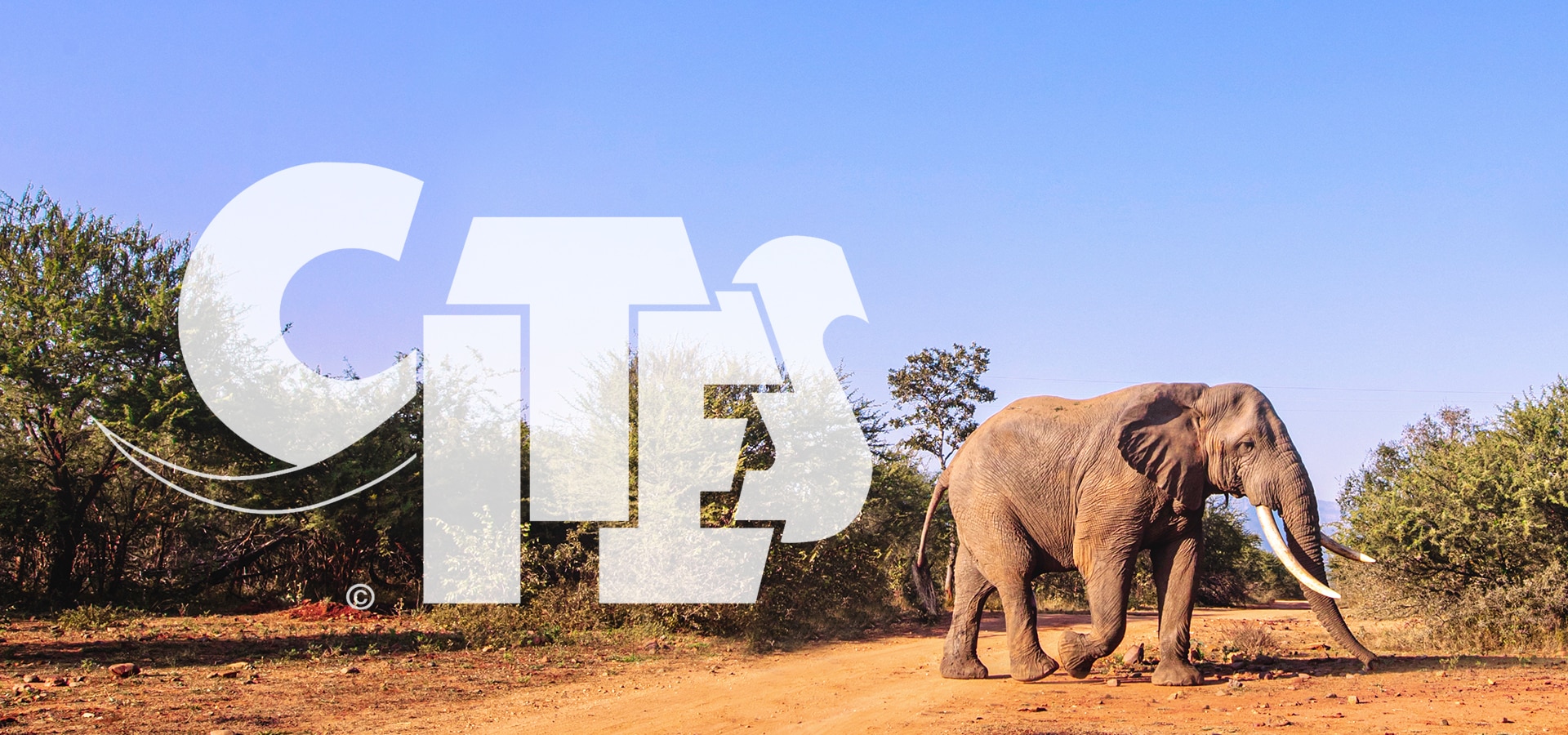CITES
CITES
The CITES (Convention on International Trade in Endangered Species of Wild Fauna and Flora or the Washington Convention) is an international agreement between States, adopted on 3 March 1973 and entered into force in 1975.
Its purpose is to ensure that international trade in specimens of wild animals and plants does not threaten the survival of the species to which they belong. It uses a system of permits and certificates issued under certain conditions.
Today, more than 5,950 animal species includingelephants and 32,800 plant species are protected by CITES from overexploitation to fuel international trade.
Albanu’s creations of elephant and giraffe hair meet the three criteria listed in the Appendices of the Convention which are:
1. LEGALITY
Hair is obtained in accordance with national laws and regulations governing the protection of fauna and flora.
For each elephant hair braid, Albanu issues a legal notice of acquisition to confirm the authorized character and certifies that the hair does not come from poaching.
2. DURABILITY
Albanu issues a non-detriment trade opinion for each elephant fur creation: evidence on a biological basis that confirms that elephant fur trade is sustainable and will not be detrimental to elephant survival and that it takes into account the role played by elephants in the ecosystem.
3. TRACEABILITY
Albanu ensures that trade can be tracked through the issuance and control of appropriate permits and certificates.
Elephant hair comes from 4 African countries: South Africa, Namibia, Zimbabwe and Botswana.
Thus, a CITES accompanies each elephant hair creation, this document guaranteeing Albanu’s commitment to the Washington Convention.
The permit must be in the name of the person who will be wearing the elephant or giraffe hair bracelet/accessory.
If you are purchasing a gift for a third party, please give us the recipient’s name so that the permit is edited in the correct name.
The permit provided by Albanu is an official legal document. You must have the paper in your possession when traveling because it can be requested in customs. The permit is a unique document provided by the Monegasque Ministry of Environment, we cannot reissue it in case of loss.
The CITES permit must be kept with the purchase invoice, and must be present in customs when placing outside the EU.
